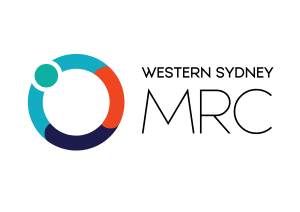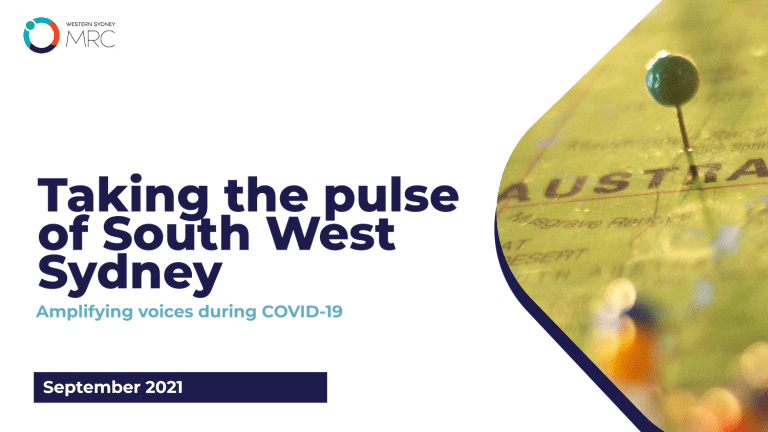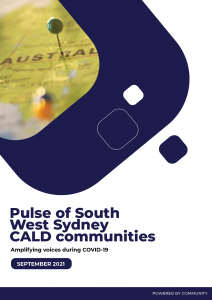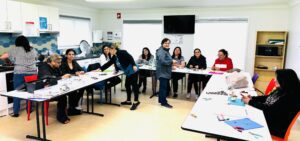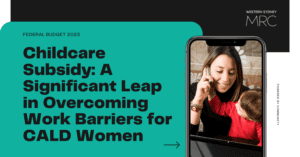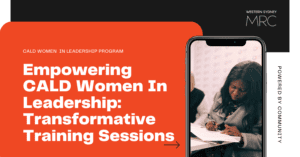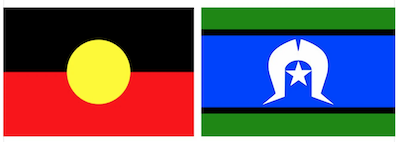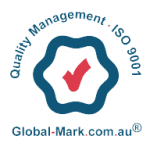Amplifying voices during COVID-19
This research was conducted by Western Sydney MRC based on the rapidly evolving COVID-19 Delta outbreak in Sydney, specifically South West Sydney (SWS). To develop rapid responses, Western Sydney MRC conducted a survey-based study to hear directly from the Culturally and Linguistically Diverse (CALD) communities living in the area on COVID-19 impacts.
The purpose of the research is to provide a platform for the voices of the SWS CALD communities in lockdown to be heard, recorded and amplified during COVID-19. Insights garnered from the report are drawn on to develop actionable recommendations that are fit for purpose, both in the immediate and long term strategies.
The data for this survey is represented by 155 respondents from the SWS region who participated in the study to provide their experience of the July 2021 stay-at-home orders during COVID-19 (currently ongoing).
CALD community members’ experiences of the lockdown revealed that
- Staying at home versus having a home is a false choice that communities must make to follow the stay-at-home orders. Without wage subsidies that maintain connection between employees and employers during and postlockdowns, 23% of responses noted, ‘Low income and cannot afford to not go to work’ as a significant reason for not being able to remain at home.
- Conflicting norms of ‘family’ and ‘household groups’ are placing immense strain on immigrant and refugee communities with large multigenerational extended families. Responsibilities of care and connection are bounded by policy prescriptions that consider only those living within a physical house as family.
- Covid-19 Vaccination is driven by access, messaging and digital literacy as opposed to just hesitancy.
- The primary barriers noted by the communities were Access (20%), Lack of multilingual messaging (20%), Age group appropriateness (19%) and Lack of digital literacy (18%). Clarity on medical facts conveyed through trusted sources and in languages that were familiar to the communities is the need of the hour to increase uptake.
- Trust and social cohesion in a crisis are fragile. Policy measures are unlikely to be successful if they don’t have the trust of the communities they seek to impact. The targeted and compliance-oriented nature of the stay at-home orders during COVID-19, including visible policing, has created gaps in trust. Trust and social cohesion in a crisis are fragile. For instance, while 68% of responses agreed to work with contract tracing officials, 12% said they would not and 20% were undecided.
Co-designing CALD community connections can counter the sudden and severe disruption to everyday life caused by the lockdown. When asked how best to engage with SWS CALD communities, the keywords that emerged were
community, language and information. Over 53% of responses want their COVID-19 related health communications to be made available in formats that are one-on-one rather than through mass/social media channels. Specifically, they are willing to accept and implement health-related information if received via telephone, texting, or in-person.
These deep insights have been drawn on to develop recommendations that can be practically actioned now and more
strategically applied in the long term. By using a framework of five priority service areas, the recommendations provide nuance and opportunities for replication and scale. The recommendations have been listed as ’Practical Initiatives’ and ’Strategy’ so that multiple stakeholders can engage with them.
The practical initiatives are specific and focused allowing for rapid adoption by practitioners (such as health professionals, social workers, police) serving at the front line in the SWS communities, especially with vulnerable cohorts. The strategies, on the other hand, are boarder in remit to be employed by policymakers, politicians, and think tanks planning future recovery and repair post COVID-19 lockdowns and during a transition from pandemic toward normalcy.
